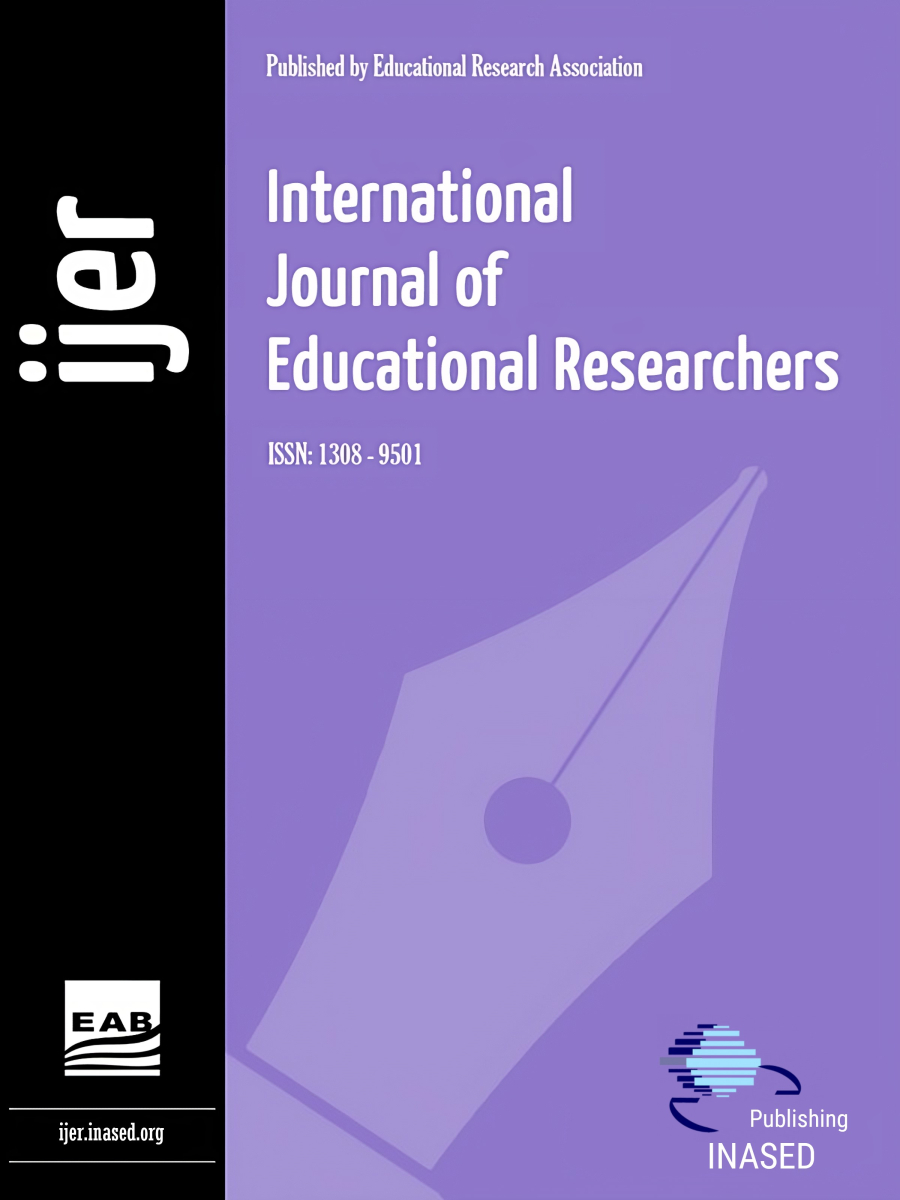Original article | International Journal of Educational Researchers 2018, Vol. 9(1) 12-17
Using Wikis to Increase Writing Skills in Writing Classes
Sezgin Ballidag
pp. 12 - 17 | Manu. Number: MANU-1801-22-0002
Published online: March 31, 2018 | Number of Views: 118 | Number of Download: 704
Abstract
It’s an undeniable fact that the majority of the teenagers today are keen on technology, and they tend to use it for various purposes. This research attempted to see how using a wiki page in a writing lesson could affect students’ success. The research lasted for two months. Each week, students handed in an assignment, either as a hard copy or online. Data was collected using two different instruments. First of all, Pre and post questionnaires were applied in order to see the student’s attitudes towards the use of internet for educational purposes specifically for writing lesson and peer edit. Besides this, the midterm results of the students, which served as a determiner for success, were analyzed by dependent samples t-test. Results showed that there was not a significant difference in the results of the two groups in terms of their grades, besides this, the percentage of the students who thought wiki was a valuable source for a writing class in the pre-questionnaire decreased in the post-questionnaire. That’s to say, integrating a wiki into the writing classroom was of no help to increase students’ writing skills.
Keywords: collaborative learning, using Wikis for writing classes, peer-editing, constructivism
| How to Cite this Article? |
|---|
|
APA 6th edition Harvard Chicago 16th edition |
| References |
|---|
|
Allei, S.K. & Connor, U. (1990). Using performative assessment instruments with ESL student writers. In: Hamp-Lyons, L. (Ed.), Assessing Second Language Writing in Academic Contexts. Ablex, Norwood, NJ. pp. 22-240. Ben-Zvi, D. (2007). Using wiki to promote collaborative learning in statistics education. Technology Innovations in Statistics Education 1,1-18 [Verified 29 Nov,2010] http://escholarship.org/uc/item/6jv107c7 Bostock, S. (2000). Student peer assessment. Retrieved May 15, 2010, from Keele University Learning Technology Web Site: http://www.keele.ac.uk/depts/aa/landt/lt/docs/bostock_peer_assessment.htm Bos, C. (1988). Process-oriented writing: Instructional implications for mildly handicapped students. Exceptional Children, 57, 330-337 Eschenbach, E. A. (2001). Improving technical writing via web-based peer-review of final reports. 31st ASEE/IEEE Frontiers in Education Conference, Reno, NV, IEEE. Franco, P. (2008). Using Wiki-Based Peer correction to development writing skills of Brazilian EFL learners. Novitas Royal, 2008 Vol: 2(1), 45-49. Holzinger, A. (2008). Utilizing Wiki-Systems in higher education classes: A chance for universal access? Universal Access in the Information Society, 7(4), 199-207. Kerr, N.L, & Bruun, S.E. (1981). Alternative explanations for the social loafing effect. Personality and Social Physiology Bulletin, 7(2), 224-231. Kerr, P.M. (1995). Peer grading essays in a principles of microeconomics course. Journal of education for Business, July, August, pp. 356-361. Lu, R. & and Bol, L. (2007). A comparison of Anonymous Versus Identifiable e-Peer Review on College Student Writing Performance and the Extent of Critical Feedback. Journal of Interactive Online Learning, Volume 6, Number 2, Summer 2007. MacLeod, L. (1999). Computer-aided peer review of writing. Business communication Quarterly, 62(3), 87-95. Plutsky, S., & Wilson, B.A. (Winter 2004). Comparison of the three methods for teaching and evaluating writing: A quasi-experimental study. The Delta Pi Epsilon Journal, 46(1), 50-61. Rieber, L.J. (2006). Using peer review to improve Student Writing in Business Courses. Journal of Education for Business, July/August 2006, 323-326 Richer, D. L. (1992). The effects of two feedback systems on first year college students writing proficiency. Dissertation Abstracts International, 53(08A), 2722. Robinson, J.M. (1999). Computer assisted peer review. Computer Assisted Assessment, 95-102. Stanley, J. (1992). Coaching student writers to be effective peer editors. Journal of Second Language Writing, 1(3), 217-233. Zhao, Y. (1998). The effects of anonymity on computer-mediated peer review. International Journal of Educational Telecommunication, 4(4), 311-345. |


